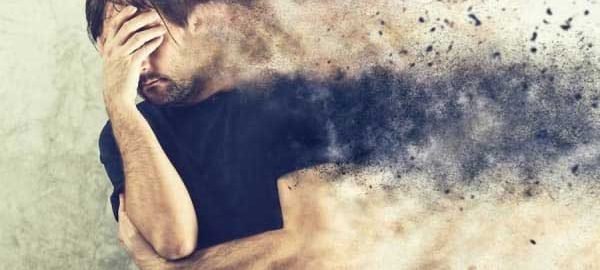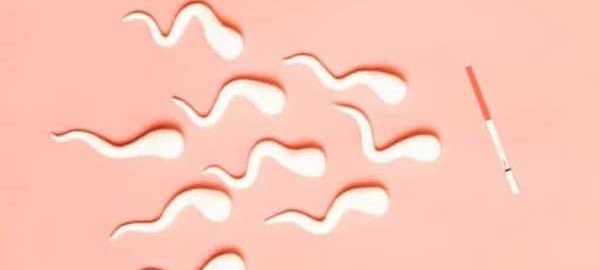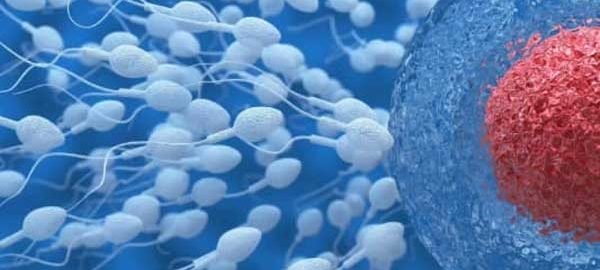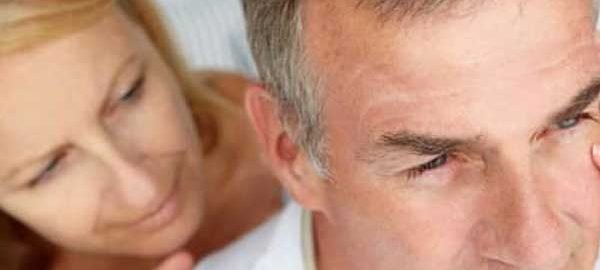“I have low testosterone” is a frequent and growing complaint in the office, although it is not always correct. Decreased testosterone levels can lead to a number of signs and symptoms, such as erectile dysfunction and decreased sexual desire. For this reason, many men go to the best sexologist in Delhi because they believe that their problem is the decrease in testosterone. However, this is not always true.
As explained, erectile dysfunction is multifactorial. Therefore, circulatory, metabolic, neurological, hormonal, medication and psychological etiologies may be involved. Testosterone, then, is a small part that can contribute to erectile dysfunction.
Likewise, the decrease in sexual desire is also related to different etiologies. Among them: depression, post-traumatic stress, kidney failure, coronary heart disease, heart failure, stroke, STDs and AIDS, eating disorders, erectile dysfunction, dysfunctional partner, couple conflicts, medications and hormonal changes. Therefore, the linear reasoning that decreased sexual desire and erectile dysfunction are synonymous with low testosterone levels, is wrong.
Androgenic Male Aging Disorder
Although subjects of all ages come to the sexologist in Delhi to find out about their testosterone, the patients who most seek information about their hormonal status are middle-aged and elderly. That certainly has a reason. We all age, at least for now. Thus, there are gradual changes in our organism, but at some point they are noticeable, including the disposition for sexual intercourse. Indeed, sexual desire is different and erections are not the same when comparing older men and young people. The sexologist in Delhi will be able to assess and guide what is part of our normal aging and what may possibly be outside of expectations.
Androgenic Male Aging Disorder is a clinical and biochemical syndrome associated with unhealthy male aging. It is characterized by signs and symptoms in multiple organs, in addition to a negative impact on quality of life, resulting from the decrease in serum testosterone levels.
Testosterone throughout life
The healthy aging man has a natural decline in testosterone as the years go by – about 1-2% per year. This drop in hormone levels is not responsible for the worsening of your sexual quality of life. There is a peak in testosterone around 20 years of age and a decrease in its concentration throughout life. In this way, the elderly man gets to have his testosterone levels close to 300ng / dL.
Low Testosterone – What happens?
There is certainly a relationship between testosterone levels and symptoms. As the concentration decreases, the symptoms appear:
Low testosterone, however, is not just about sexual performance. The testicles decrease in size, there may be growth of the breast (gynecomastia), loss of muscle mass and hair loss.
I emphasize the association with obesity, type 2 diabetes, metabolic syndrome and physical inactivity. I speak in association and not in cause or effect, as there is a vicious cycle. In such a way, the above diseases lead to low testosterone and this in turn leads to or worsens the first conditions.
I also emphasize that cognitive and psycho-vegetative symptoms may be related to the drop in testosterone. They are: hot flashes, changes in mood, fatigue, irritation, sleep disturbances, depression and decreased cognitive ability.
There is also a decrease in bone mineral density / osteoporosis, and thus, fractures occur with minor trauma. Up to a third of the elderly are believed to have anemia without a clear explanation. In the meantime, observational data suggest a relationship between low testosterone levels and anemia.
What then are the warning signs for Low Testosterone?
Firstly, having the warning signs does not necessarily imply a decline in testosterone. Thus, their presence should lead the patient or health professional to seek other clinical celebrations. In addition, testosterone dosage should be considered.
Are they:
- Sexual Dysfunction;
- Obesity, Diabetes Mellitus type 2 and Metabolic Syndrome;
- Diseases of the hypothalamic-pituitary region, including after treatment with radiotherapy;
- Chronic use of medications that can affect the normal physiology of testosterone;
- Moderate and severe chronic obstructive pulmonary disease (COPD);
- Infertility;
- Osteoporosis or fractures with minor impact trauma;
- Patients with HIV and sarcopenia (loss of muscle mass).
In the hypothalamus-pituitary region there is production and hormones such as GnRH, LH, FSH and prolactin that are involved in the regulation of testosterone, as this is the focus for diseases in that region.
In summary, the decrease in testosterone is a complex phenomenon. Its causes are many and its effects on our organism involve multiple organs. It is related to some problems such as obesity, metabolic syndrome and physical inactivity that generates a vicious cycle. Finally, if the warning signs caught your attention, be sure to see your sexologist in Delhi and receive full attention to your problems.










